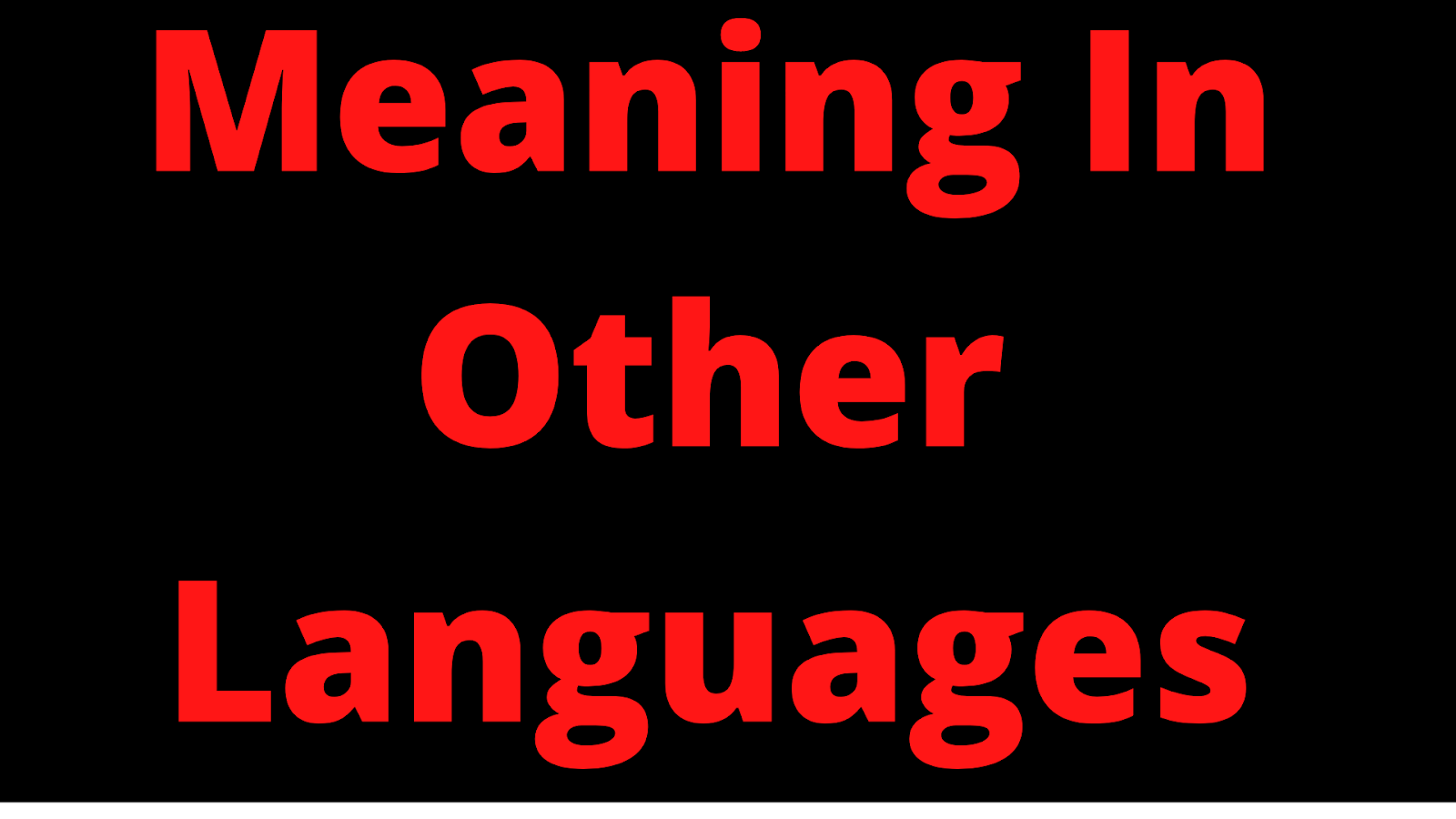“The Earth does not belong to man; Man belongs to the Earth" - understand the significance of this proverb.
Phrase
"The Earth does not belong to man; Man belongs to the Earth” is a powerful
and thought-provoking proverb that is becoming increasingly relevant. in
today's world This phrase often comes from Native American wisdom. It is a
reminder of the important relationship between human beings and the world we
call home. Emphasizes the idea that humans do not own the world. but a guardian
whose job it is to look after and protect the world.
In
today's world that environmental problems such as climate change loss of
species and the degradation of natural resources is intensifying. The content
of this proverb is more important than ever. It calls for us to recognize our
connection to the natural world and to act accordingly. It also emphasizes the
need for more sustainable and environmentally conscious development and
progress.
The
idea of human beings as earth stewards has its roots in many indigenous
cultures. The relationship between humans and nature is considered
interdependence and balance. in these cultures, the world is seen as a being
with a soul of its own. and human beings are understood to be part of this
self. not separated This view is sharply at odds with Western ideas of man as
the conqueror of nature. and sees the earth as a resource that can be utilized
for our own purposes.
One
important meaning of the proverb is that “The Earth does not belong to man; Man
belongs to the Earth" means that we are responsible for taking care of the
planet and its ecosystems. This means taking steps to reduce our environmental
impact, such as reducing our carbon footprint. Protect wildlife and habitat and
conserve natural resources It also means considering the long-term consequences
of our actions and making choices that will benefit future generations.
Another
important aspect of this proverb is the realization of the importance of
preserving cultural and biological diversity. Our planet is home to many
different cultures, languages, and species, each of which has contributed to a
great deal of life on Earth. by taking care of the earth and the ecosystem We
ensure that these diverse and valuable elements of life are preserved for
future generations.
In
summary, the phrase "The Earth does not belong to man, Man belongs to the
Earth” is a powerful and thought-provoking proverb that is becoming
increasingly relevant. in today's world It reminds us of our important
relationship with the planet and our responsibility to care for and protect it.
As we face environmental challenges in the 21st century, it is important that
we take this message into account and work towards creating a more sustainable
and environmentally conscious future.








%20(1).png)






0 Comments